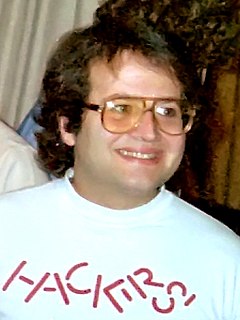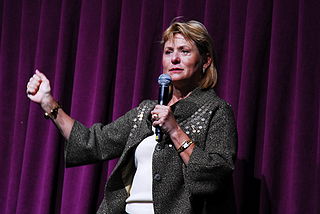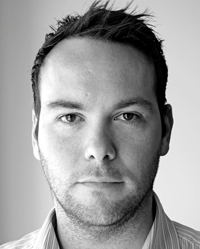A Quote by Mitt Romney
Business and growing jobs is about taking risk, sometimes failing, sometimes succeeding, but always striving. It is about dreams. Usually, it doesn't work out exactly as you might have imagined. Steve Jobs was fired at Apple. He came back and changed the world.
Related Quotes
I think what people love about the Steve Jobs story is not just the track record at Apple, but that comeback story, that he was thrown out of Apple, came back and built the company even greater. And that perseverance is so important in terms of entrepreneurship. And nobody is a better role model for that, for all entrepreneurs all over the world than Steve Jobs.
I would hear stories about Steve Jobs and feel like he was at 100 percent exactly what he wanted to do, but I'm sure even a Steve Jobs has compromised. Even a Rick Owens has compromised. You know, even a Kanye West has compromised. Sometimes you don't even know when you're being compromised till after the fact, and that's what you regret.
I didn't like the tone of Steve Jobs [movie] [2015] at all. It was very ugly, kind of rude. I didn't laugh, it was very uncomfortable. It seemed like all the worst moments of his life. It was very critical of Steve Jobs as a person, and it didn't make for a comfortable viewing experience for me. But I guess I don't know who Steve Jobs is, and I guess I didn't know what I was gonna go see. I thought it was gonna be celebrating the rise of Apple, but it wasn't that at all.
I don't think that Mitt Romney can legitimately say that he learned anything about how to create jobs in the LBO (leveraged buyout) business. The LBO business is about how to strip cash out of old, long-in-the-tooth companies and how to make short-term profits. All the jobs that he talks about came from Staples. That was a very early venture stage deal. That, you know they got out of long before it got to its current size.
This is more than just having a vision. You can see the difference in the often-cited way in which Steve Jobs brought in John Sculley to take over Apple. At the time, Sculley was destined to be the head of Pepsico. The clincher came when Jobs asked him, "How many more years of your life do you want to spend making colored water when you can have an opportunity to come here and change the world?"

































